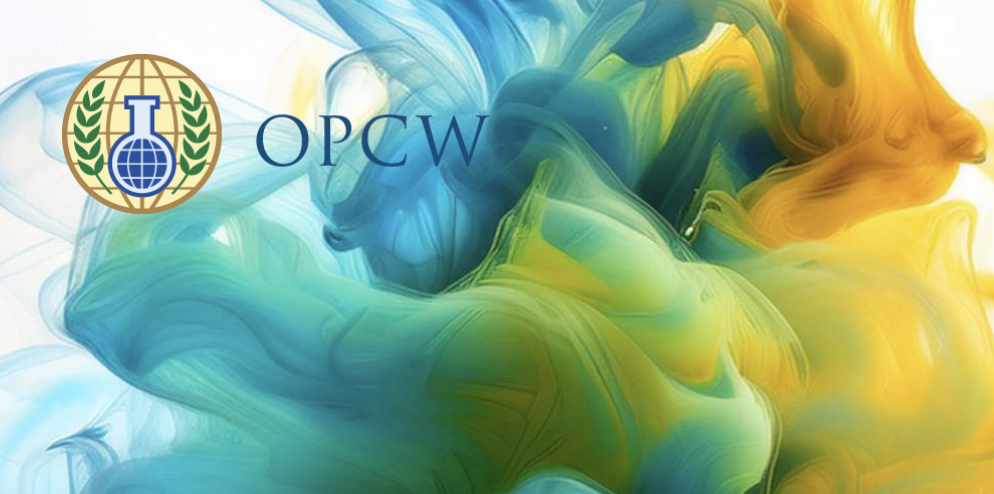The first-ever Global Conference on the Role of Artificial Intelligence in Advancing the Implementation of the Chemical Weapons Convention (CWC), held in Rabat Oct.22-24, highlighted the potential of AI in advancing the peaceful uses of chemistry, enhancing verification capabilities, and strengthening chemical safety and security.
A joint press release issued by Morocco’s National Authority for CWC and the Technical Secretariat of the Organization for the Prohibition of Chemical Weapons (OPCW) said the Rabat conference has reviewed the threats and challenges posed by the misuse of AI, including the potential use of AI by non-state actors and terrorist groups.
Participants stressed the importance of international collaboration to ensure that AI is developed and applied in a safe and transparent manner to reinforce the objectives of the CWC. They also called for enhancing ongoing research, capacity-building, and responsible governance to address risks whilst maximizing AI’s contributions to global peace and security.
The Conference, held in Morocco, an African State Party, underscored the importance of ensuring that the benefits of AI are accessible to all regions, including Africa. Participants recognized the potential of AI to support capacity-building initiatives, such as those of the OPCW Africa Program, and to further strengthen the capabilities of developing States Parties in implementing the CWC.
The Technical Secretariat of OPCW pledges to continue to assist States Parties in enhancing their national capabilities, by providing them technologies that the Organization may develop in AI or other domains in accordance with its mandate.
The Rabat conference outlined guidance for future cooperation between governments, industry, and the scientific community. The outcome will guide future efforts to ensure that AI technologies support the OPCW’s mission to prevent the re-emergence of chemical weapons, while fostering global development in the chemical field in a safe, secure, and inclusive manner.
The Organization for the Prohibition of Chemical Weapons stressed the need to continue dialogue and collaboration in addressing these emerging challenges and capitalizing on the opportunities that AI offers for the full and effective implementation of CWC to achieve a world free of chemical weapons.
In an address before the conference, Moroccan foreign minister Nasser Bourita, reaffirmed Rabat’s strong commitment to governing new emerging technologies within the multilateral framework, calling for “accompanying, adapting to, and contributing to the innovations of the permanent technological revolution.”
Morocco hosted the conference to deepen talks on multilateral disarmament, strengthen collective understanding of the challenges posed by the use of AI and to contribute to international efforts to achieve the Sustainable Development Goals (SDGs) by using the capabilities of AI to promote the peaceful use of chemistry.
The Foreign Minister said AI can play a key role in enhancing transparency and mutual trust between States-Parties to the Convention. The minister proposed to endow the OPCW Scientific Advisory Board with additional resources to enable it to further explore the potential of AI.
This would help to ensure that AI does not widen the gap between developed and developing States, but rather serve as a lever for equitable participation in non-proliferation efforts.
At the Conference, Morocco called for responsible and ethical use of AI, while maintaining a balance between necessary regulation, quest for innovation, protection of privacy, and respect for cultural diversity.
OPCW Chief Fernando Arias thanked Morocco for hosting this important conference which contributed to the global efforts engaged to eradicate chemical weapons.
Arias congratulated participants for the success of the conference which brought together 200 attendees, including delegates from 46 States Parties from all regional groups, representatives of international and regional organizations as well as a large number of policymakers, scientific experts, and industry leaders.
